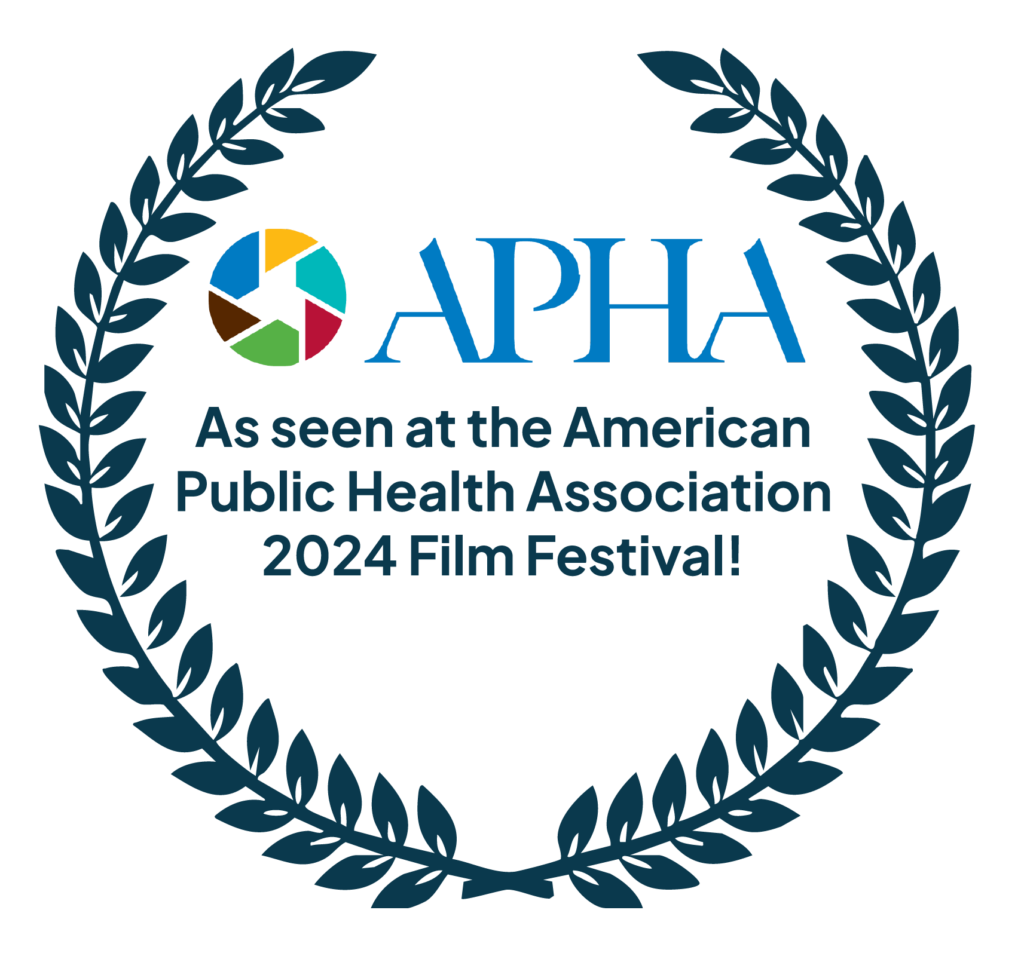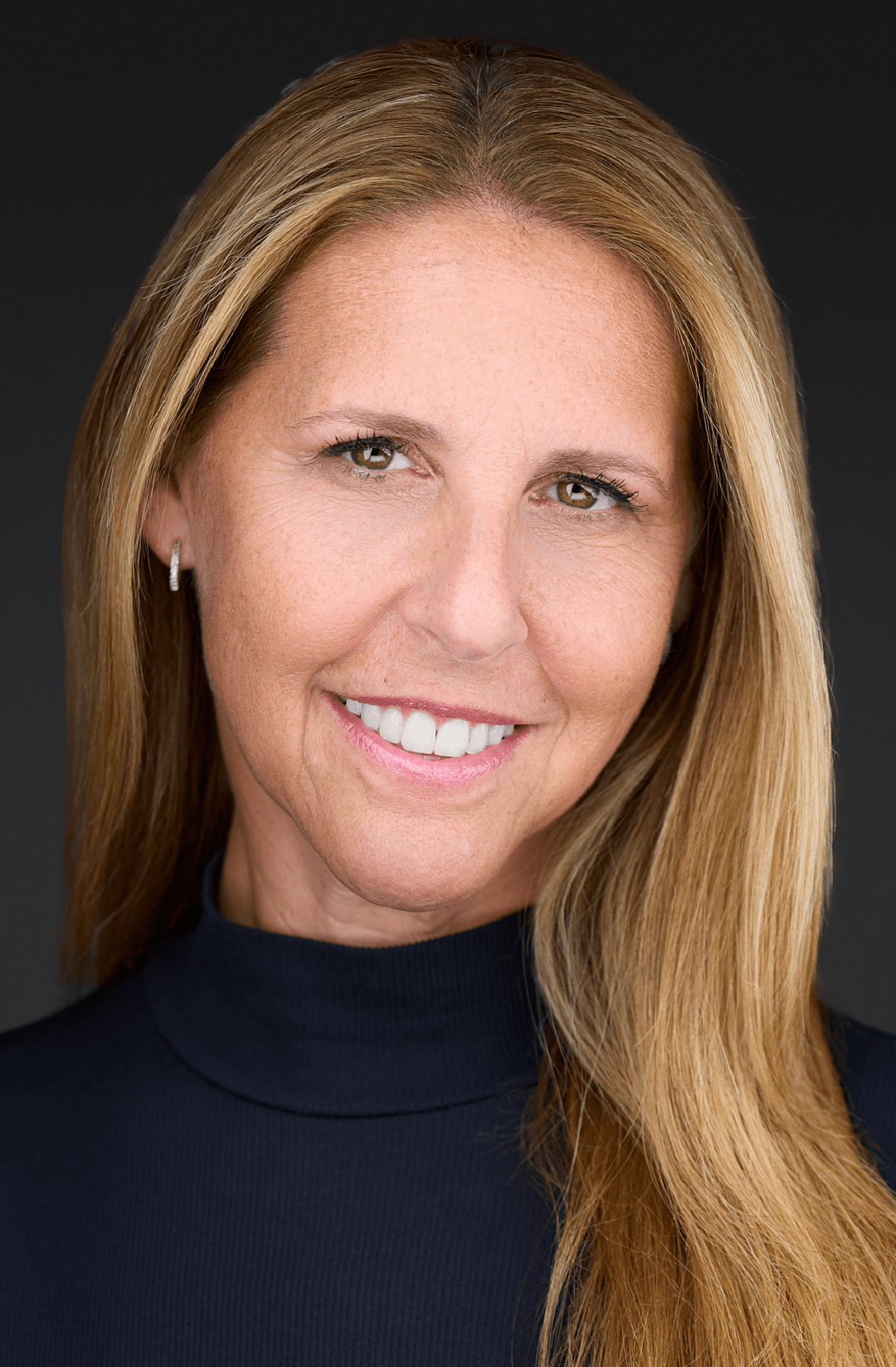
Collectively supports organizations and helping professionals in the creation of practices that enhance belonging. We use the E.A.S.E. model, a research-based curriculum that helps participants connect and engage with families and expands their knowledge of the systems that create disproportional outcomes while offering solutions.

E.A.S.E. Training
E.A.S.E. was developed to address this important need and is a competency-based modular curriculum. The core curriculum focuses on assisting professionals in understanding the value of culture as a central component to engaging social support. The training includes structural barriers in the behavioral health field and helps participants understand how these barriers create disproportionate outcomes. E.A.S.E. incorporates input from families experiencing mental health conditions and how they prefer to have their needs met through less formal treatment options.

Request Collectively's E.A.S.E. Training
5-Star Reviews from E.A.S.E. Training Participants:
"It's challenging to make a webinar-style presentation engaging, but Julie did an excellent job! I particularly loved the information on how to be a culturally competent clinician."
"A positive and encouraging presentation. The research was outstanding, making it one of the best presentations at the conference."
"Julie's presentation was eye-opening. I learned so much and look forward to sharing this with my colleagues."
E.A.S.E. is designed as a modular curriculum and can be provided as a comprehensive training event or stand-alone modules. The modules presented in the training include:
- Introduction
- Structural Barriers in the Behavioral Health Field
- Disproportionate Outcomes in Behavioral Health
- How Families Want Their Behavioral Health Needs Met
- Understanding Trauma
- Engaging with All Families
- Social Support Overview
- Practical Skills to Developing Social Support
- Social Capital
- Self-Care and Coaching
Training Offerings
E.A.S.E. is available in person as well as virtually and is typically provided as a 12-hour event. The training is provided by a dyad of trainers and is not provided to more than 20 participants at one time. All coaching sessions are conducted with no more than 10 participants per cohort.


